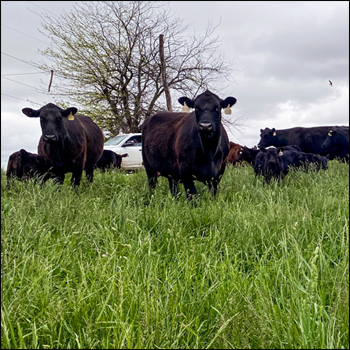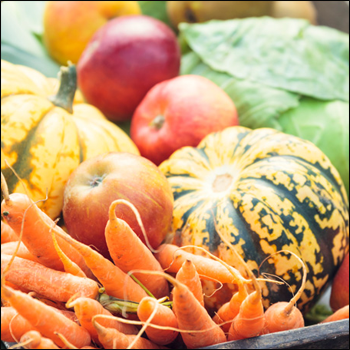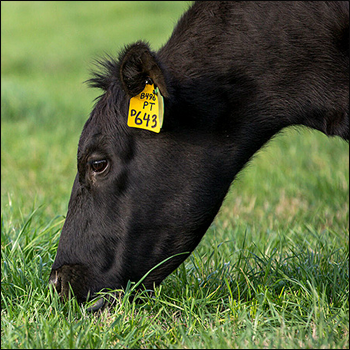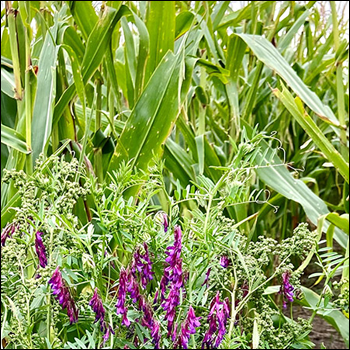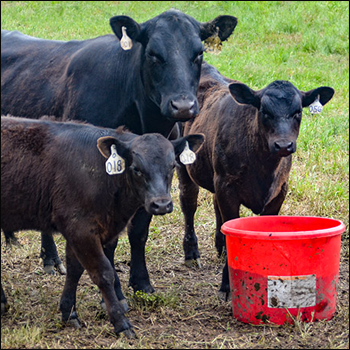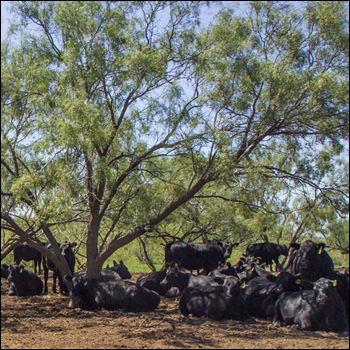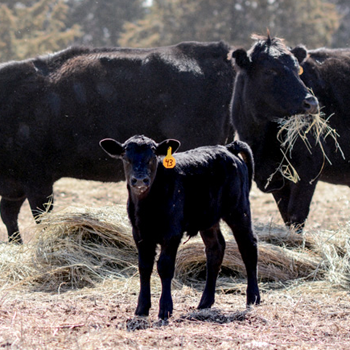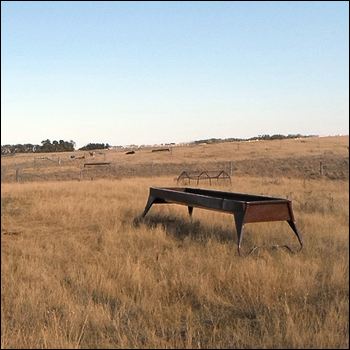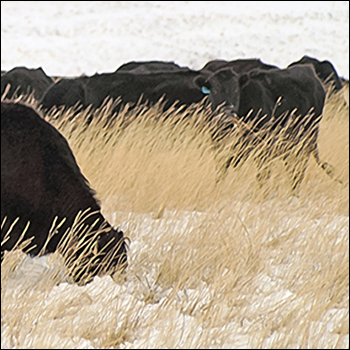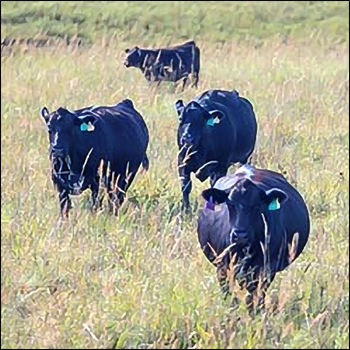
Are Alternative Protein Sources a True Competitor to Beef?
Agricultural economist cites studies about consumer demand for plant-based protein.
When selecting meat in the grocery store, the product cut, price per pound and visual appeal are just some of the factors that influence the purchasing decision.
For curious consumers, plant-based protein sources may also drive the purchase for those who follow a primarily vegetarian diet but occasionally eat meat or fish, known as flexitarians.
“About half of the current plant-based protein consumers are flexitarians because they also eat beef, pork and chicken,” said Glynn Tonsor, Kansas State University ag economist, talking about his research during a recent Beef Cattle Institute (BCI) Cattle Chat podcast.
Commissioned by the Cattlemen’s Beef Promotion and Research Board, Tonsor and his colleagues studied the effects of new plant-based protein alternatives on U.S. beef demand in 2020. They followed that study with one that evaluated the effect of these alternatives on cattle inventories and greenhouse gas emissions.
The first study showed that plant-based proteins are not substituted for beef based on price, said Tonsor. “We found that a price change in the cost of a chicken breast had a much bigger impact on beef demand than that same change in price for a plant-based protein.”
At this point in time, alternative meat sources are not price-competitive, but Tonsor expects that will change in the future.
“There is a lot of venture-capital investment happening in the plant-based space, so the odds of there being supply side improvements that make it cheaper for those proteins to be produced are pretty high,” Tonsor said.
He added, “There is a growing global demand for protein.”
He cautioned against thinking of this situation in terms of a market share mindset against plant-based alternatives.
“This market share mindset is dangerous because a fair number of plant-based protein consumers are also consumers of other meat products,” Tonsor said.
“We quantified that a 10% reduction in the price of plant-based proteins would correspond to a 0.15% decline in cattle production, and that is not a big economic impact on the total size of the industry.”
Regarding greenhouse gas emissions, Tonsor said, “The U.S. protein market operates in a complicated yet connected world. We currently import and export a lot of beef.”
He said as the U.S. beef industry continues to improve beef efficiencies, and the demand for plant-based alternatives potentially increases, the amount of beef imported may decline.
To hear the full discussion, listen to the Cattle Chat podcast online.
Editor’s note: Lisa Moser is a communications strategist and instructoror K-State Research and Extension.
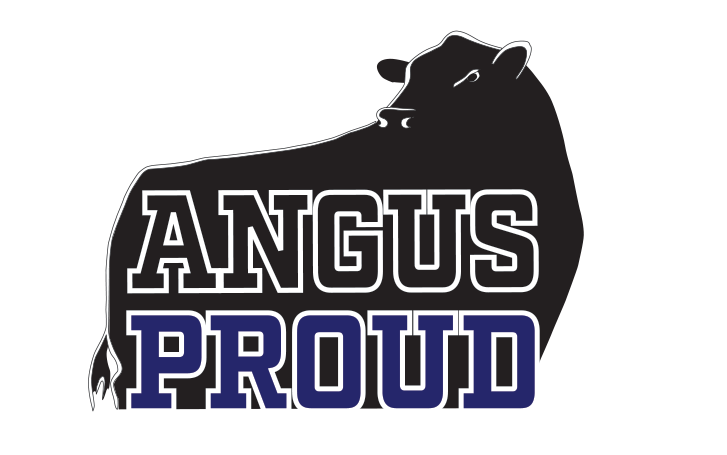
Angus Proud
In this Angus Proud series, Editorial Intern Jessica Wesson provides insights into how producers across the country use Angus genetics in their respective environments.
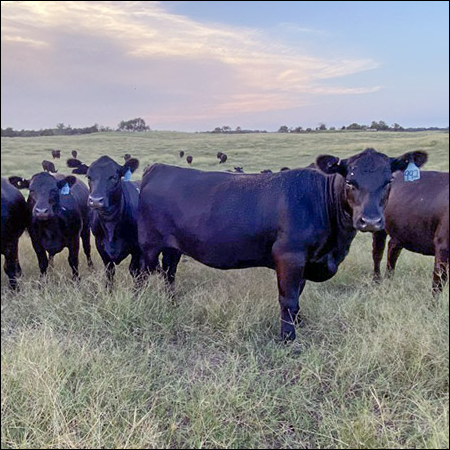 Angus Proud: Scott Sproul
Angus Proud: Scott Sproul
Oklahoma operation learned wisdom of moving calving season to better suit their marketing needs.
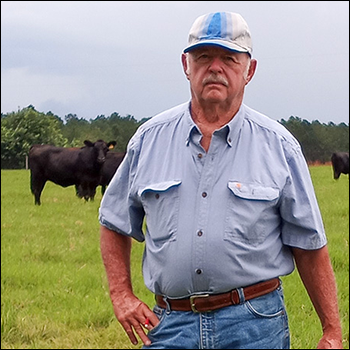 Angus Proud: Bubba Crosby
Angus Proud: Bubba Crosby
Fall-calving Georgia herd uses quality and co-ops to market calves.
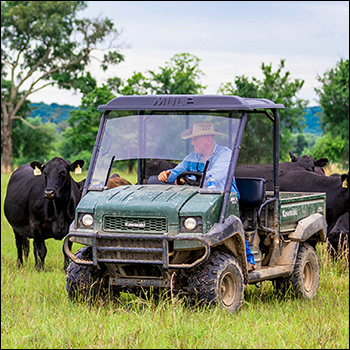 Angus Proud: Jim Moore
Angus Proud: Jim Moore
Arkansas operation retains ownership through feeding and values carcass data.
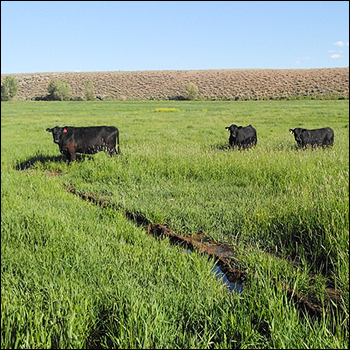 Angus Proud: Stephen Shiner
Angus Proud: Stephen Shiner
Idaho operation rotates pastures in summer and raises crops for winter.
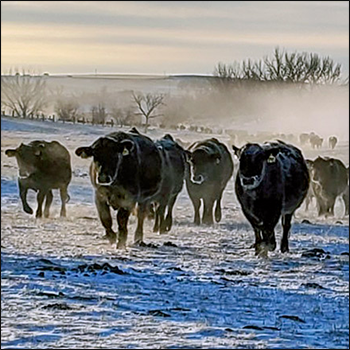 Angus Proud: Les Shaw
Angus Proud: Les Shaw
South Dakota operation manages winter with preparation and bull selection.
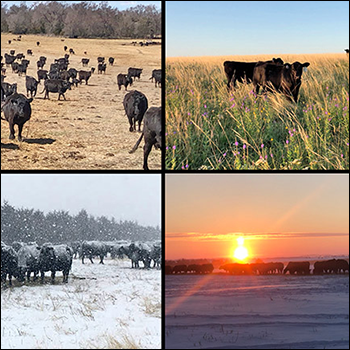 Angus Proud: Jeremy Stevens
Angus Proud: Jeremy Stevens
Nebraska operation is self-sufficient for feedstuffs despite sandy soil.
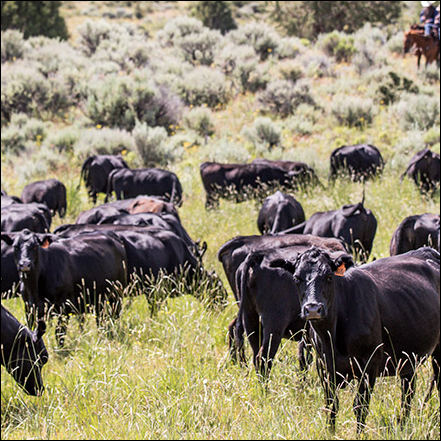 Angus Proud: Dave Rutan
Angus Proud: Dave Rutan
Angus breeder gets the most out of his bull investment by partnering with opposite calving-season operation.
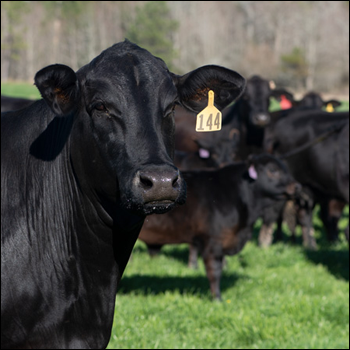 Angus Proud: Nickey Smith
Angus Proud: Nickey Smith
AngusLink helps Louisiana cattleman gain more for his calves.
